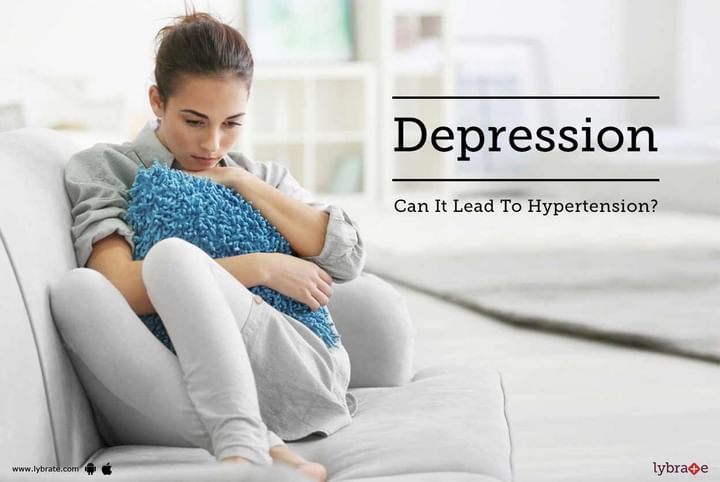Depression - Can It Lead To Hypertension?
It seems dramatic in movies and television soaps to see depressed people having with a heart ailment, but there is sound scientific evidence to show a strong correlation between depression and hypertension. Read on to see how these two diseases are correlated. With the cases of both diseases on the rise and the age of onset decreasing, this is concerning.
Studies have shown that people diagnosed with depression (and/or anxiety) are three to four times more likely to develop hypertension as compared to people with normal moods. More than the condition per se, the associated habits and effects of these conditions leads to hypertension.
It is common to notice that people who are depressed would tend to smoke excessively, consume a lot more alcohol, poor sleeping patterns, and have eating disorders (binging). All these lead to atherosclerosis, leading to plaque accumulation in the blood vessels and reducing their thickness. This leads to reduced blood flow to vital organs, leading to more severe complications like stroke and heart failure.
Another correlation is the hormones that are produced when a person is depressed (or stressed). These hormones (from the adrenal glands) have a vasoconstrictor effect, thereby reducing hypertension. The body is also on constant alert with these increased levels of hormones, thereby increasing the strain on the vital organs. Hypertension is therefore one of the many side effects of depression. The good news, however, is that both these conditions can be managed easily. There are definitely changes within one’s control which will help control both, and improve the overall quality of life.
- Eat healthy: While depression does lead you to end up feel-good foods like processes and junk items, tell yourself not to give in. Eating healthy and the benefits will be there for you to see. Eat less of salt, sugar, and fats.
- Relax and take a deep breath: Consciously make an effort to relax every day, even for a short while, and take deep breaths. This could be during yoga sessions, meditations, or as a part of routine exercise, but this should definitely be a part of your daily routine. Just check with your doctor to ensure you are not doing something that would not suit your medical condition.
- Keep your life simple: All of us feel rushed all the time, but review your to-do list to see and remove unimportant items. You would be surprised at how easier life can be.
- Sleep tight: A good night’s sleep can make you feel a lot more relaxed and energetic.
- Become positive: Change your perspective towards a more positive side and see life change.
Both depression and hypertension can be drastically managed (even eliminated) by doing these simple steps. If you wish to discuss about any specific problem, you can consult a General Physician.



+1.svg)
